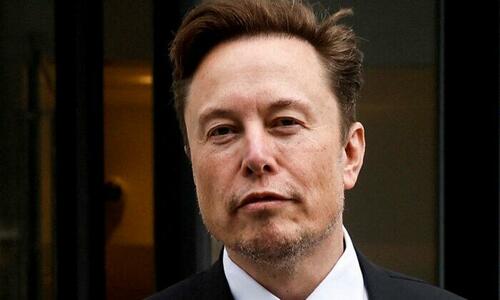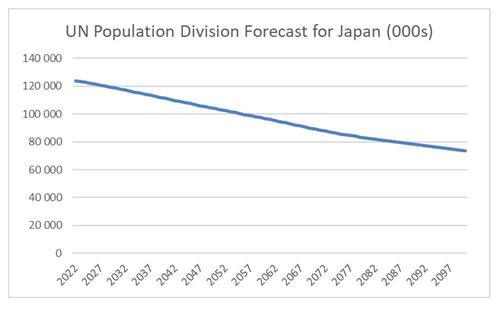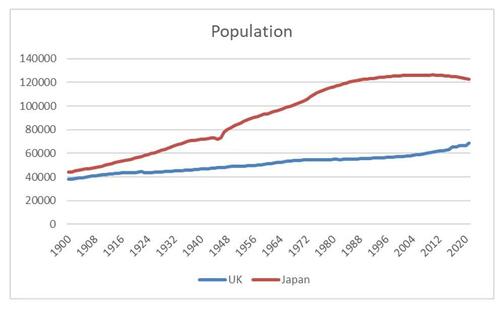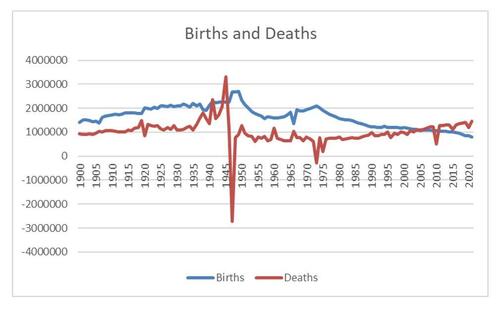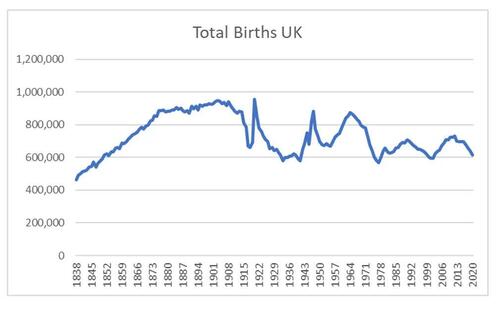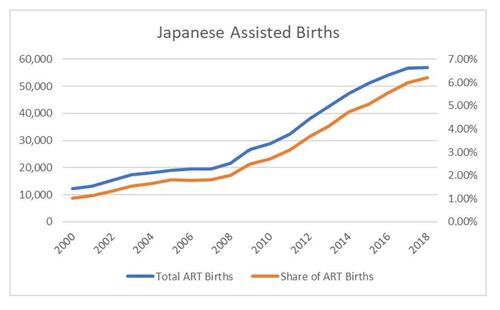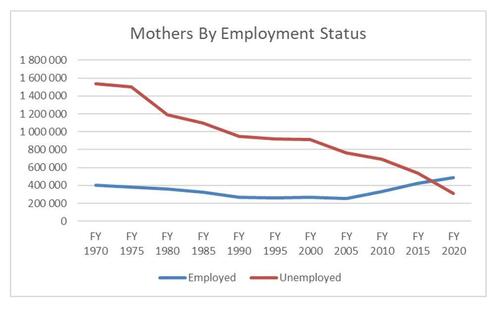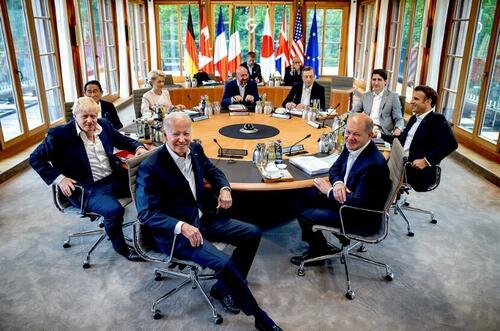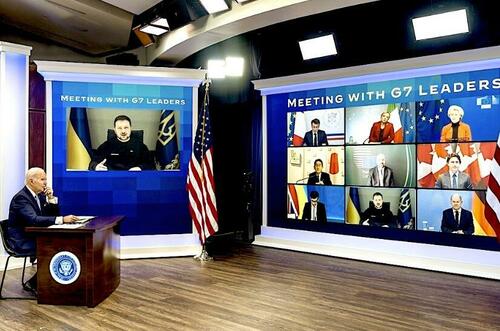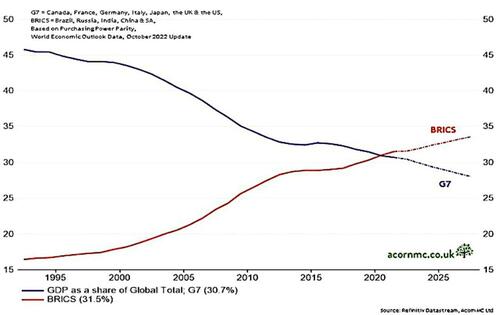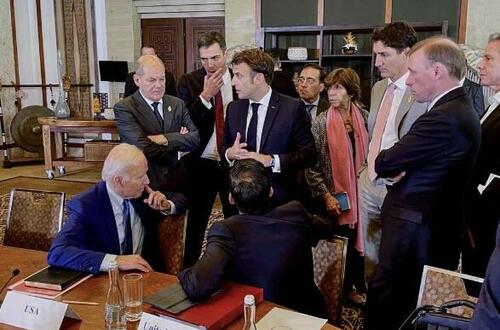On this site we have exposed endlessly the false statistics and narrative of the Covid pandemic over the last 3 years. But what about the terrible effects the lock-downs had on younger children and adolescents? Have we inadvertently created a lost generation? This to my opinion would be a crime beyond the direct casualties of the vaccines. Here's the report of a teacher on this subject.
Guest Post by Christine Black

Imagining the worlds of an 11, 14, or
16-year-old in one of my classes over the last three years strikes me
with grief at times. Suddenly, with the flip of a switch, everything
these children held onto in the world outside their immediate homes
ended.
Friends they laughed and gathered with each day in middle school went
away; teachers who greeted them or hugged them in high school or posted
their artwork or essays in the classroom disappeared; the Dungeons and
Dragons club they attended every Friday night with dozens of high school
friends stopped; the young musicians they played with each day at
school were ordered to stay home; soccer practice and games stopped;
church youth groups did not meet.
Teachers appeared on computer screens and tried to act cheerful and
normal as computer assignment lists accumulated. No friends came over;
no study groups met. Some parents would not let their children gather
with friends until a vaccine came out. Spider-Man did not arrive to
pluck them out of a devastated city. Superman did not swoop down to open
all the doors to let them back out into parks and playgrounds and ball
fields.
Week after week, then month after month, children and teens waited
for the isolation to abate, for the crisis to be over. But it went on
and on, month after month. When schools did open, masks were mandated
and adults ordered students to pull the mask up over their noses as
though the small bit of their breath, escaping from the corner of their
nostril, would endanger others’ lives. A fully masked face was the rule,
and they had to follow. They could not eat with their friends. When
they did eat together, they were spaced six feet apart at tables.
School was so bizarre and sad that many students did not want to
attend anymore. When school resumed in Virginia, in schools where I
taught, children endured seeing their friends disappear suddenly for a
government-prescribed number of days. An empty desk appeared beside them
because a bureaucratic policy dictated the removal of a child with a
positive Covid test or the removal of a child being near another child
with a positive test. It was all very confusing.
“I miss Lexi,” one of the sixth graders I taught wrote in her
journal. “I hope she comes back to school and doesn’t die.” At another
school where I taught, students were given a questionnaire after
returning, and almost 30 percent noted that they had seriously
considered suicide in the past two years; absentee rates have been as
high as 30 percent. The Wall Journal recently reported that 30
percent of teen girls have considered suicide in the past two years.
School shootings, fights, and drug use seem to be increasing in schools.
A six-year-old shot his first grade teacher in the classroom a few
weeks ago.
In classrooms, I have watched the light go out in children’s eyes.
Teachers try to control students’ cell phone and screen addictions, yet
we constantly struggle. They sneak them, hide, text and scroll. As soon
as class is over, devices come out, and their eyes attach to them.
Smiles creep onto their faces with dopamine shots to their bodies as
they scroll and type. Many play hours of computer games at home. They
turn to screens that this culture supplied them, to those other worlds —
and why wouldn’t they experience those worlds inside screens as better
than this one, after what was lost, after what was forced upon them?
With the flip of a switch, the real world they knew ended. When they
were confined to their rooms and houses, friends and music, color and
life, humor and competition, all lived inside screens. Why wouldn’t they
turn there to those worlds when this world could collapse in an
instant? No wonder screen worlds seem better than this one. Are fake
worlds better? How will we repair this one?
Children and young people will have to make meaning from what
happened. They will have to live with the reality that the world could
suddenly collapse as it did — and they, understandably, may wonder if it
could happen again. Could someone again flip the switch? How do they
rebuild trust? I have had students in my classes who have become visibly
muted — as though they are still wearing a mask when there is no mask
there any longer. The muteness remains. When I assigned an essay for
students to write on someone they admire, a teenaged girl said quietly
that there is no one she admires.
And yet, most people are not talking with each other about what
happened over the past three years. Children and teens are not talking
about it. A friend recently said that she sought a therapist to talk to
about her doubts on the Covid period, her confusion and anger and
heartbreak. She wanted a therapist who would not admonish her for
questioning government and medical establishment actions. But there are
no therapists like that, she said. And how would there be when Dr. Aaron
Kheriaty, a psychiatrist and professor at a major California
university, who led the Medical Ethics Department there, was fired for
declining a Covid shot because he had recovered from Covid and knew
natural immunity was stronger and better? And when Dr. Mark Crispin
Miller, an NYU Professor, specializing in modern propaganda, was
bullied, vilified relentlessly, and his job was threatened for doing
what good teachers have always done, assigning his students readings to
explore different sides of an issue — in his case, articles on the
effectiveness of face masks.
In this environment, how can any of us find therapists and
psychiatrists to honestly process lockdown trauma, to explore Post
Traumatic Stress symptoms caused by it, or to discuss our cognitive
dissonance when our perceptions and instincts conflict with government
or other institutional lies? How can a child or teenager?
We make meanings from our lives, especially traumatic events, by
telling our stories, by sharing them with others. Perhaps children are
silent about what happened because they are afraid, because there are
two stories, very different and not yet reconcilable.
One story might go like this:
A terrible disease broke out in spring of 2020. Thousands died, and
millions more would have if populations everywhere did not make painful
sacrifices. Governments around the world ordered businesses,
restaurants, churches, bars, schools, libraries, and parks closed.
Experts told us to stay apart, even outside, and to submit to regular
Covid tests and to test children regularly as well.
We could not travel or gather with friends or family for holidays,
club meetings, funerals, birthdays, weddings, or reunions; children’s
Little League teams disbanded, and their bands and orchestras ceased
playing. Loneliness, losses, disorientation, and trauma spread, but the
American people endured the sacrifices, stepped up, and met the
challenge, banding together to sew cloth masks, to meet on Zoom, to not
leave their houses, and to have groceries and other items delivered to
minimize human contact.
When we ventured out, we wore masks, as instructed by the CDC, and we
put masks on children, even very small children, and pulled them up
over their noses. We told others, sometimes sharply, that masks saved
lives. Signs and commercials everywhere reminded us to mask our faces.
We stepped away from people passing on the street, turned our faces
away, and told our children also to turn away, “to social distance,”
even on a hiking trail. Restrictions were severe, but necessary.
Children and teens’ lives were especially affected.
We saved millions of lives with these strict measures, which were
needed and necessary and made sense. We stayed apart, clamped down,
remained extremely vigilant, as experts advised, until a vaccine could
be developed, and we could get vaccinated against this terrible disease
and have our children vaccinated as well. The vaccines required three to
four, and perhaps more, injections. Injections were necessary to stop
the spread of the disease, to protect others we came into contact with,
and to prevent the disease from becoming even more life-threatening
should we contract it.
We got through this terrible period doing what we had to do. We may
reassure an 11-year-old sixth grader or a 16-year-old high school
sophomore or a 20-year-old college student that these sacrifices and
losses were necessary for the health of us all. Events would have been
much worse if our country did not lock down, if schools did not close,
if our government, many employers, and many colleges did not mandate
vaccines for people to go to work or school.
We may tell children the above story in the aftermath of this crisis. Or they may discover another one:
Early death projections from Covid were inflated and wrong.
Politicians said millions of people would die if we didn’t stay apart
and close schools, businesses, churches, and all gathering places.
However, this was wrong. States and counties in the US where people
continued living relatively normal lives fared no worse, and some
better, than states and counties with the severest restrictions. We
could argue this point, but studies and reports continue to be
published, showing these realities. Time will continue to reveal truths.
Further, the infection-to-fatality ratio for this disease was very
low, meaning that the infection may have been widespread, even before
spring of 2020, and continued spreading rapidly across the population,
but most people with the infection would not get seriously ill or die
from it. Additionally, the test for this disease didn’t work reliably
from the beginning and wasn’t intended for the ways it was used, so all
the alarming red numbers flashing regularly on screens, proclaiming
“cases,” which meant positive test results, didn’t mean much.
Many studies have shown that masks do not work to stop the spread of a
virus. Forcing healthy people to wear them made no difference, with
lots of knowledgeable health professionals commenting on their
ineffectiveness. However, this information, or other information, will
not change the minds of those who have already made them up When
advertising works, and masks were aggressively and relentlessly
advertised, it does not matter what facts are or what the truth may be.
Intuitively, we might conclude that air passes through and all around
a cloth or paper mask. Air and breath are everywhere. We can’t control
or legislate breath or germs or viruses. Billions of viruses fill our
bodies and the world around us. We can wash our hands as a normal health
habit — and stay home, take medicine when we are sick, go outside in
the sun, but probably didn’t need signs and stickers everywhere,
advertising these directives.
Many have taken the Covid shots, but now government bureaucrats and
even the vaccine manufacturers have said that the shots do not prevent
Covid infection or spread. Most people who get Covid these days have had
the shots, and many who have been hospitalized with Covid have had the
shots. Sadly, Covid shots seem to be causing harms and deaths, many
sources report. Furthermore, many doctors, especially from the Frontline Covid Critical Care Alliance,
have studied and offered early treatment, such as Hydroxychloroquine,
Ivermectin, with Azithromycin, as well as other protocols to treat this
virus from the onset.
Yet, sadly, governments and other institutions barred doctors from
prescribing early treatments, while officials, reporters, and members of
the public ridiculed, threatened, bullied, and fired doctors for doing
what doctors commit to do – treat sick people and try to make them well.
Pharmacists have refused to fill prescriptions for these medicines.
Many writers have commented that thousands of Covid deaths may have been
prevented with early treatments, proven to work.
Vaccines companies and government bureaucrats aggressively promoted
and advertised Covid shots when many critics noted that the shots did
not go through all the safety testing protocols that vaccines have
historically gone through before public use. An Emergency Use
Authorization for the Covid shots would not have been possible if
governments had acknowledged available early treatments that worked.
Finally, perhaps one of the saddest parts of this story is that
children and teens probably do not need these shots for an illness that
poses almost no risk to them, and the shots may even harm them. Several
European countries ceased recommending Covid shots for healthy children.
Pharmaceutical companies and their investors made billions of dollars
in profits from these shots that do not work.
I wish the first story above were true, that we had all been in this
together, rallying against a common enemy, persevering like refugees,
escaping a war-torn county, because that story would be easier for young
people and children to assimilate – if it were true. I wonder about the
cognitive dissonance children and young people will endure when lies
are continually revealed, as they always are. Truths will come clearer
in time as light shines on what actually happened.
I am not sure how young people will make meaning from what happened,
from what they saw could happen to our culture and to their young lives.
How will they make meaning from this if the devastation and losses were
betrayals and, in fact, did not make sense? How will they assimilate
this time and its aftermath into the stories of their lives when the
adults with supposed wisdom and experience perpetrated these acts upon
them — and for what reasons? How will we help them?
